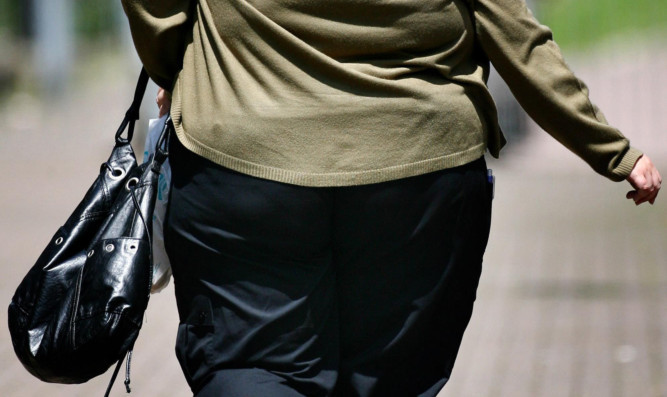Doctors have called for a tax on sugary food and drinks to tackle the “obesity epidemic” in Scotland and raise revenue for health initiatives.
Obesity is rising to the point where being overweight “may now be seen to be the norm” but the associated healthcare costs are spiralling, according to the Royal College of Physicians of Edinburgh.
A 10% sugary drinks tax in Mexico is thought to have contributed to 10% reduction in consumption, Liverpool University chair of clinical epidemiology Simon Capewell will tell a conference in Edinburgh.
The conference, entitled Obesity: A 21st Century Epidemic, will consider evidence on obesity, health consequences, the challenges of changing behaviour and how Scotland can learn from other countries.
Professor Capewell said: “The successful introduction of sugar taxes in countries as diverse as Finland, France, Hungary, Latvia, the USA and Mexico have shown how effective a measure they can be in reducing consumption.
“Furthermore, the revenues raised can then be invested back into initiatives to increase children’s health in these countries, as is happening in Mexico.
“It is now time to move forward on introducing a tax on sugary drinks in the UK as a central component of preventing the continuing escalation of obesity and spiralling healthcare costs.
“Scotland has an excellent track record in addressing public health issues. Notable achievements include smoke-free public places and proposals for minimum unit pricing for alcohol. We need to explore how these developments could be repeated with sugary drinks.
“The medical profession has learned valuable lessons from two centuries of public-health successes and it is clear that a duty on sugary drinks can play a vital role – alongside preventable interventions targeting the “3As” -affordability, acceptability and availability – in attacking this disease on all sides.”
Professor Derek Bell, president of the Royal College of Physicians of Edinburgh, said: “Food and drink taxes are an important part of the discussion on obesity and public health more widely.
“The Royal College of Physicians of Edinburgh is committed to playing a central role in this debate and has established its own health and wellbeing programme aimed at encouraging healthy lifestyles for all through promoting healthy choices.
“The college also recently supported the Responsible Retailing of Energy Drinks (RRED) campaign and the City of Edinburgh Council’s decision to remove energy drinks – many of which have high sugar content – from Edinburgh Leisure venues.
“Only by systematically addressing these issues in the round can further progress be made.”
